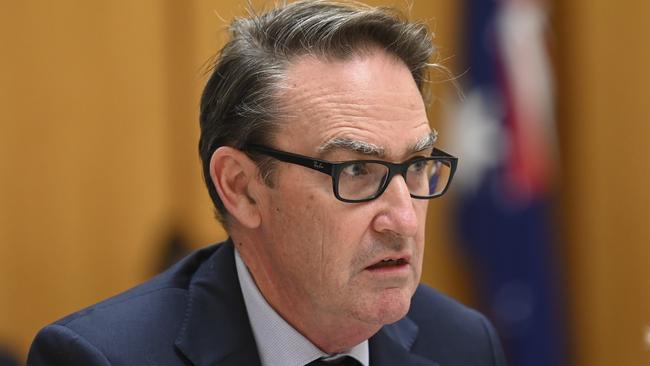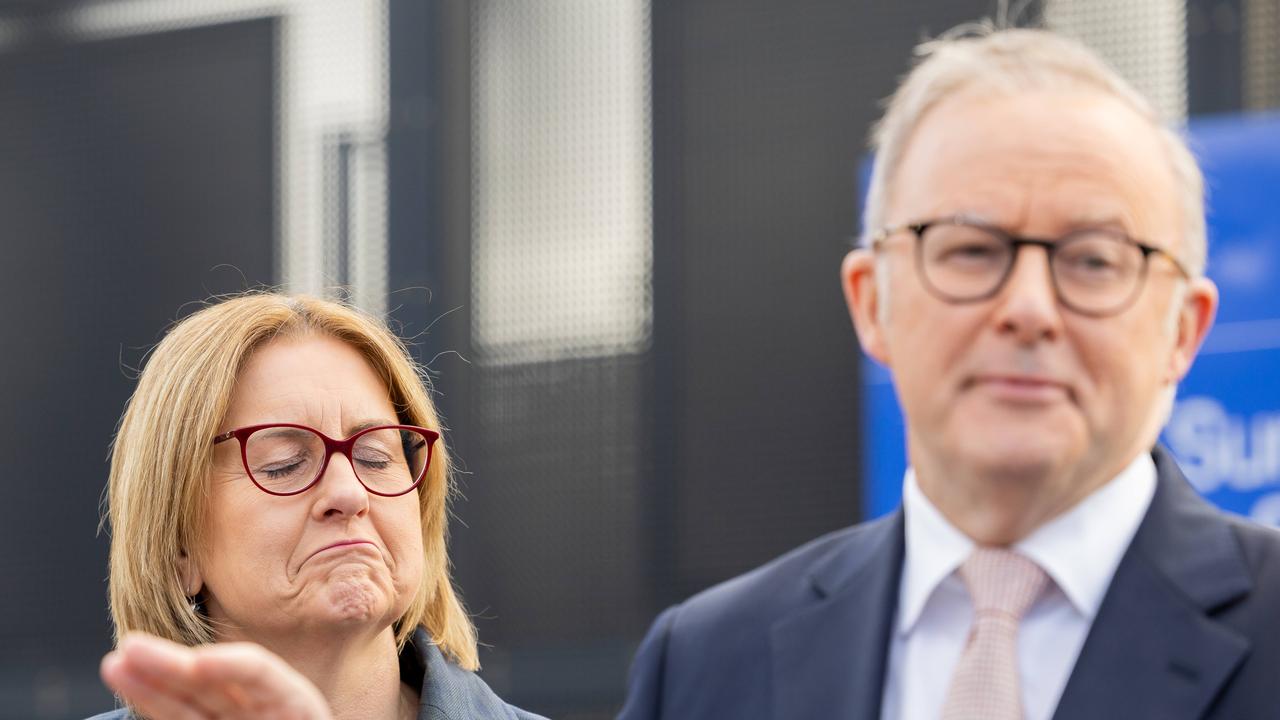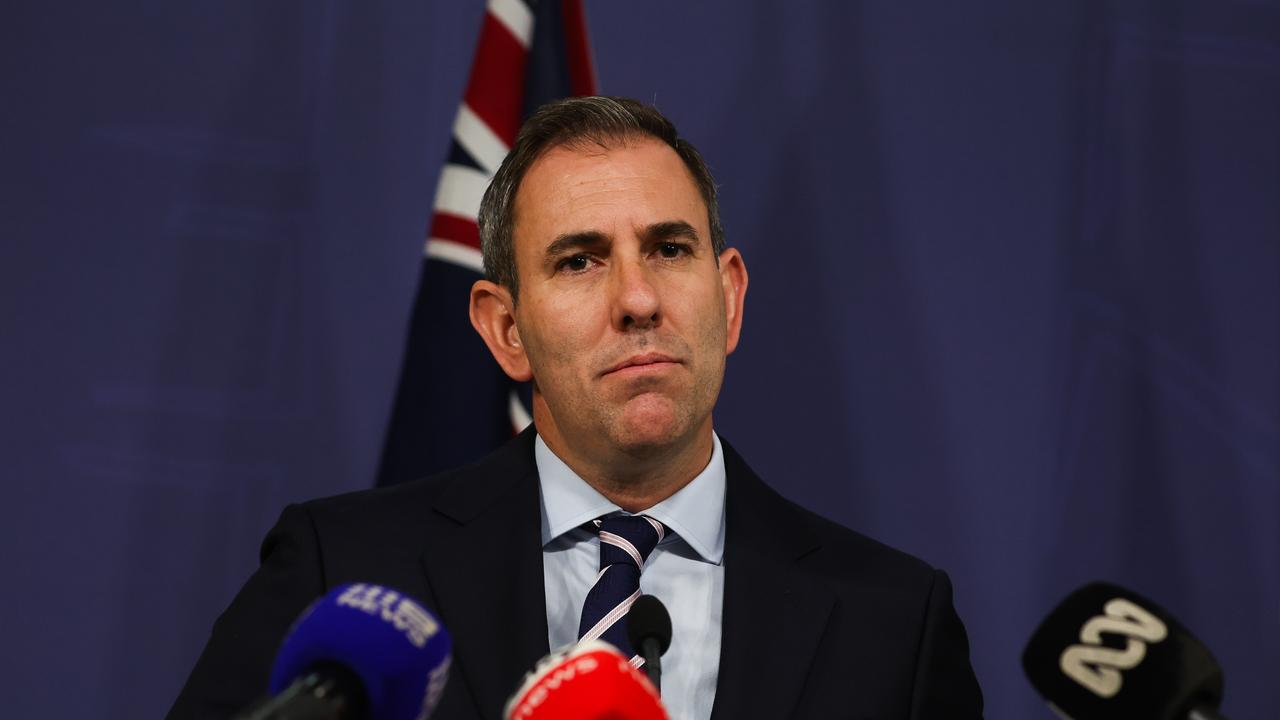LIVE
Politics latest: Climate task will get harder beyond 2030: Kennedy
The Treasury secretary says uncertainty surrounding climate policy has done significant damage to the decarbonisation effort, driving up transition costs.

Welcome to The Australian's rolling coverage of news from Canberra and around the country.


